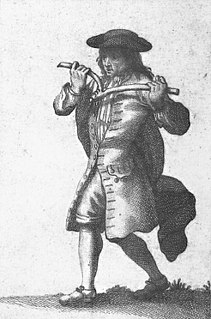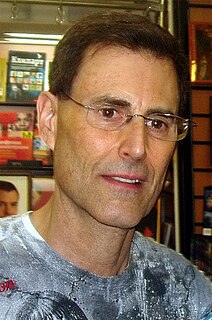 W
WDowsing is a type of pseudoscientific divination employed in attempts to locate ground water, buried metals or ores, gemstones, oil, gravesites, malign 'earth vibrations' and many other objects and materials without the use of a scientific apparatus. Dowsing is also known as divining, doodlebugging or water finding, water witching or water dowsing.
 W
WJacques Aymar-Vernay was a stonemason from the village of Saint Marcellin in Dauphiné, France, who reintroduced dowsing with a divining rod into popular usage in Europe. He claimed to have discovered springs and treasures hiding in the earth using his rod, and even tracked down criminals using it. According to some accounts, when he neared the scene of a murder using a divining rod, he would break into a sweat, shudder and, in some instances, even faint.
 W
WLeicester Gataker (1874–1942) was an English professional water diviner, or water finder.
 W
WUri Geller is an Israeli-British illusionist, magician, television personality, and self-proclaimed psychic. He is known for his trademark television performances of spoon bending and other illusions. Geller uses conjuring tricks to simulate the effects of psychokinesis and telepathy. Geller's career as an entertainer has spanned more than four decades, with television shows and appearances in many countries. Some magicians have labeled Geller a fraud, due to his claims on possesing truly psychic powers.
 W
WOtto Edler von Graeve was a German divining rod proponent.
 W
WHenry Gross (1895–1979) was an American game warden and dowser.
 W
WRay Hyman is a Professor Emeritus of Psychology at the University of Oregon in Eugene, Oregon, and a noted critic of parapsychology. Hyman, along with James Randi, Martin Gardner and Paul Kurtz, is one of the founders of the modern skeptical movement. He is the founder and leader of the Skeptic's Toolbox. Hyman serves on the Executive Council for the Committee for Skeptical Inquiry.
 W
WThomas Charles Lethbridge, better known as T. C. Lethbridge, was an English archaeologist, parapsychologist, and explorer. A specialist in Anglo-Saxon archaeology, he served as honorary Keeper of Anglo-Saxon Antiquities at the Cambridge University Museum of Archaeology and Ethnology from 1923 to 1957, and over the course of his lifetime wrote twenty-four books on various subjects, becoming particularly well known for his advocacy of dowsing.
 W
WJoseph Cecil Maby (1902-1971) was a British biophysicist, dowser and psychical researcher.
 W
WLeszek Matela is a Polish journalist, a dowser, expert of feng shui and geomancy, teacher of suggestopedia, a researcher of the Wawel Chakra, and many Earth mysteries.
 W
WKenneth Lewis Roberts was an American writer of historical novels. He worked first as a journalist, becoming nationally known for his work with the Saturday Evening Post from 1919 to 1928, and then as a popular novelist. Born in Kennebunk, Maine, Roberts specialized in regionalist historical fiction, often writing about his native state and its terrain and also about other upper New England states and scenes. For example, the main characters in Arundel and Rabble in Arms are from Kennebunkport, the main character in Northwest Passage is from Kittery, Maine and has friends in Portsmouth, New Hampshire, and the main character in Oliver Wiswell is from Milton, Massachusetts.
 W
WColin Henry Wilson was an English writer, philosopher and novelist. He also wrote widely on true crime, mysticism and the paranormal, eventually writing more than a hundred books. Wilson called his philosophy "new existentialism" or "phenomenological existentialism", and maintained his life work was "that of a philosopher, and (his) purpose to create a new and optimistic existentialism".